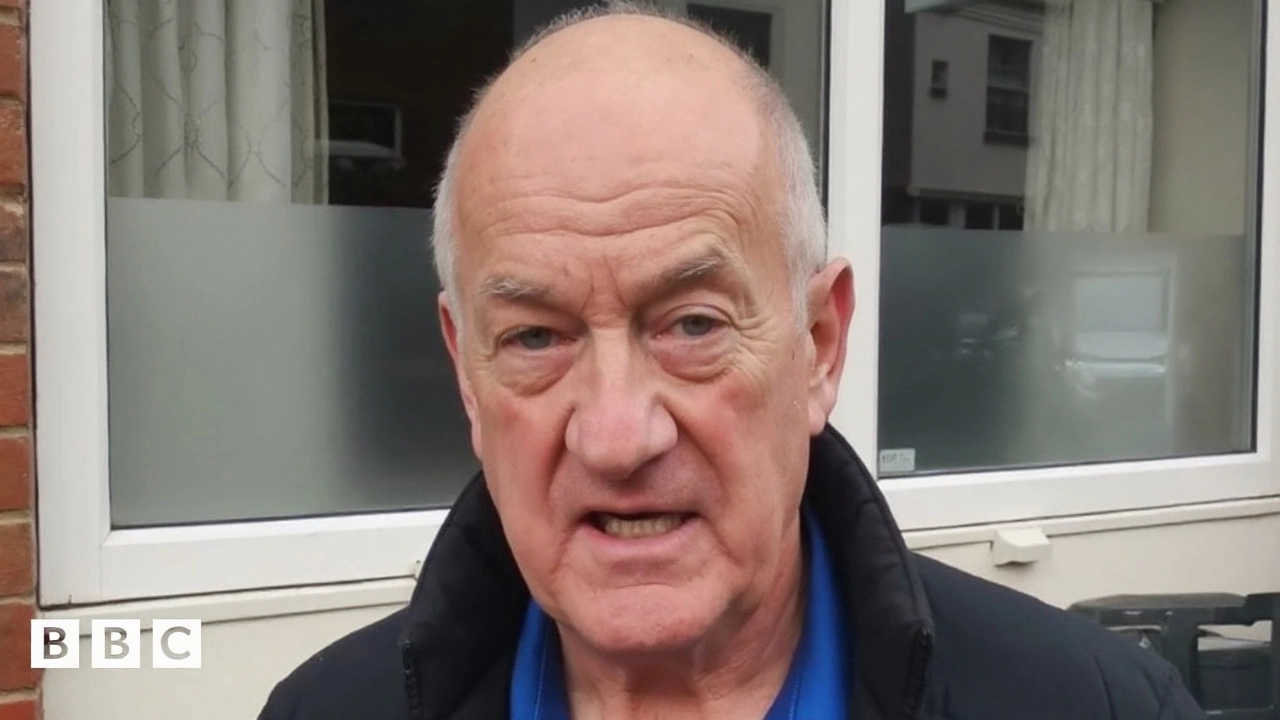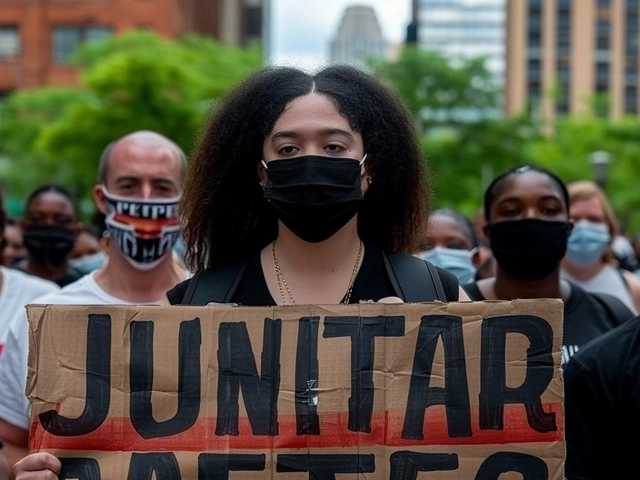Angela Rayner resignation: what happened and why it matters
If you’ve been scrolling through the news this week, you’ve probably seen the headline: Angela Rayner has resigned. It’s a big shake‑up in the Labour Party and many people are wondering what triggered the move and what comes next. Let’s break it down in plain English so you can follow the story without feeling lost.
What triggered the resignation?
Rayner’s departure didn’t happen out of the blue. Inside sources say a mix of personal pressure and political disagreement pushed her to the edge. First, there were rumors of a clash with the party leadership over the upcoming election strategy. Rayner, who’s known for her straight‑talk style, reportedly disagreed with the direction the new leader wanted to take, especially on issues like public ownership and wage policy.
Second, a series of media stories about a separate controversy added extra heat. While the stories never proved any wrongdoing, the constant attention made her position untenable. In politics, even the hint of scandal can make a leader think twice about staying on.
Finally, there’s the personal angle. Rayner has talked openly about the toll politics can take on family life. In a recent interview she hinted that the balance between work and home was getting harder to manage. When you combine that with the internal party friction, resignation becomes a logical, if painful, step.
What’s next for Labour and UK politics?
Labour now faces a quick reshuffle. The party will need to appoint a new deputy leader or fill the role Rayner held, and that process could shift the internal power balance. Some MPs see this as an opportunity to push a more moderate agenda, while others want to double down on the left‑wing policies Rayner championed.
The resignation also changes the public narrative. Opposition parties will likely use the moment to question Labour’s stability, which could influence voter perception in the run‑up to the next election. For voters, it means paying close attention to who steps up next and what policies they push.
From a broader perspective, Rayner’s exit is a reminder that UK politics is still very much about personalities and internal dynamics, not just policy. It underscores how quickly a party can be forced to adapt when a key figure steps away.
So, what should you keep an eye on? Watch the Labour leadership announcements, notice any shifts in the party’s policy platform, and see how the media frames the story in the days ahead. The fallout from Rayner’s resignation will likely echo through the party’s strategy meetings and could shape the political conversation for months to come.
Bottom line: Angela Rayner’s resignation is more than a headline. It’s a signal of deeper tensions within Labour and a catalyst for upcoming changes in UK politics. Stay tuned, because the next few weeks will tell you a lot about where the party is headed.

Angela Rayner resignation: Deputy PM quits over stamp duty error, shaking Labour’s early months in power
UK Deputy Prime Minister Angela Rayner has resigned after an inquiry found she fell short of ministerial standards over an underpaid property tax on a Hove flat. She admitted the error, referred herself for investigation, and took responsibility. The report said she acted in good faith but should have sought detailed advice. Prime Minister Keir Starmer accepted her resignation with regret.
View More



